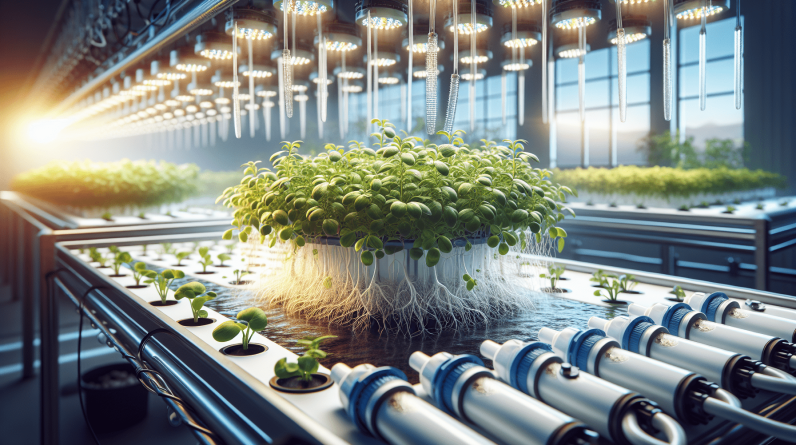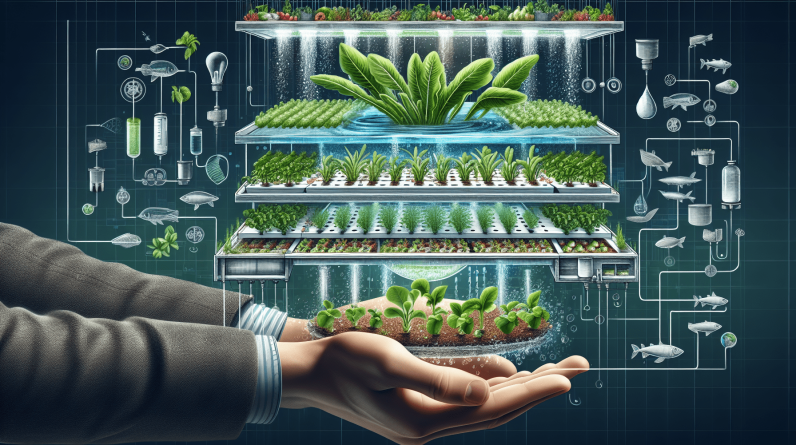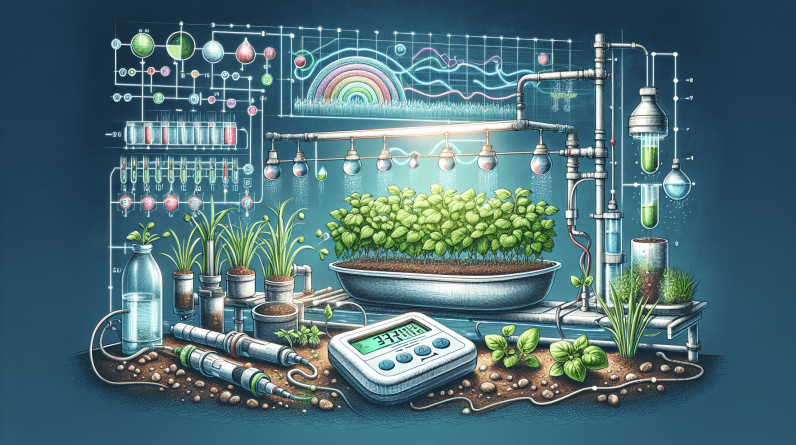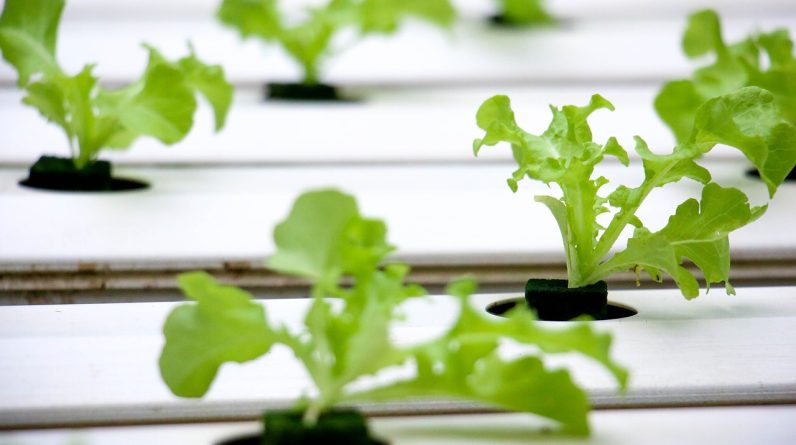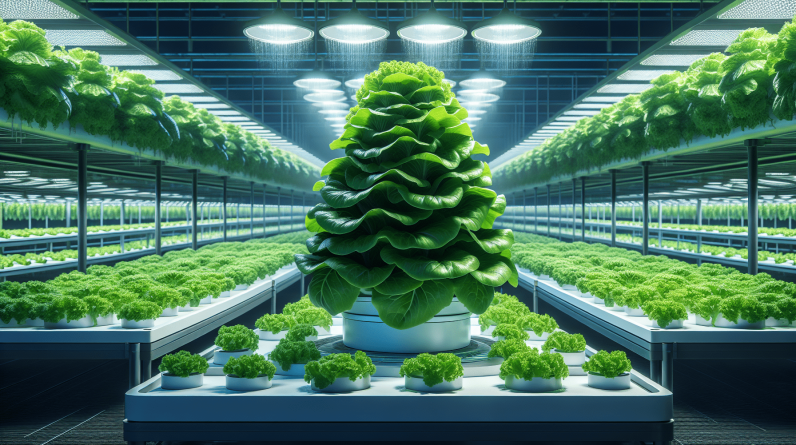
Welcome to the world of hydroponic gardening, where nutrient-rich solutions are the key to successful plant growth. Hydroponic systems offer a sustainable and efficient method of cultivating fresh, healthy crops without the need for soil. By delivering nutrients directly to the roots, plants can thrive and produce bountiful harvests in a fraction of the time compared to traditional gardening methods. With the ability to conserve water, reduce the risk of pests and diseases, and enable year-round cultivation, hydroponics is revolutionizing the way we grow our food. Explore the endless possibilities of nutrient-rich solutions for hydroponic systems and watch your garden flourish like never before. Have you ever considered growing your own fresh produce at home, but found traditional gardening methods too challenging or time-consuming? Hydroponic systems might be the solution you need. These innovative gardening setups allow you to cultivate plants without soil, using nutrient-rich solutions to feed them directly. In this article, we will explore the world of hydroponics and provide you with valuable information on nutrient-rich solutions for your hydroponic system. Let’s dive in!
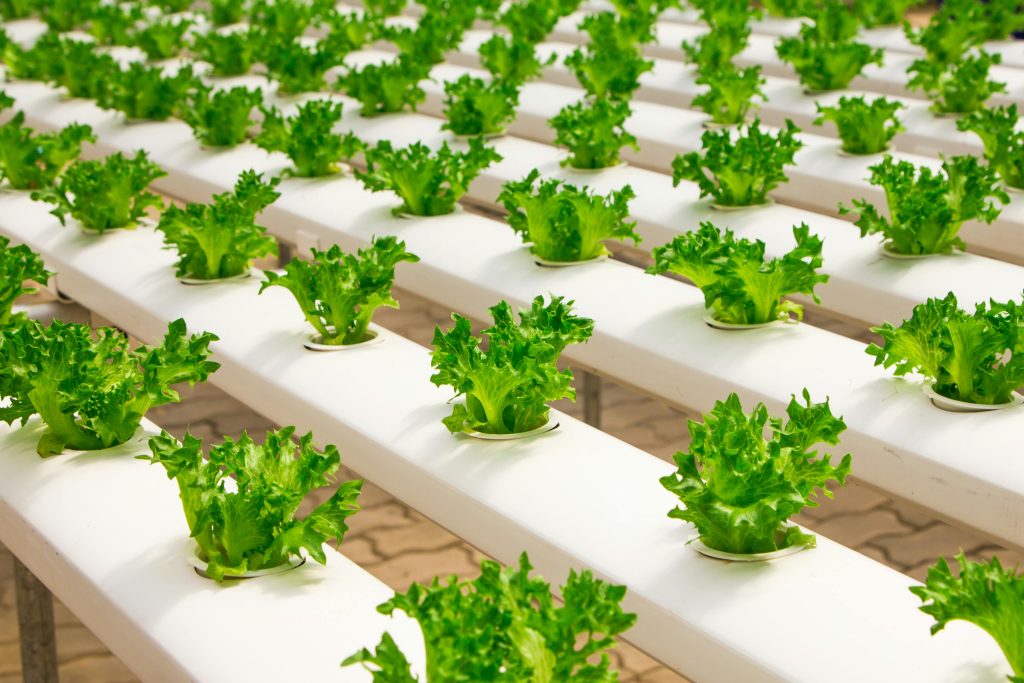
Understanding Hydroponic Systems
Hydroponic systems are a modern approach to gardening that offer numerous advantages over traditional soil-based methods. By providing essential nutrients directly to the plant roots through a water-based solution, hydroponics accelerates plant growth and boosts overall yield. These systems eliminate the constraints of soil quality, allowing you to grow crops in controlled conditions regardless of external factors like weather or season. This means you can enjoy fresh, homegrown produce year-round.
Benefits of Nutrient-Rich Solutions
When it comes to hydroponic systems, the key to success lies in the nutrient-rich solution you provide to your plants. These solutions are specially formulated to meet the nutritional needs of different types of crops, ensuring optimal growth and productivity. Let’s explore some of the benefits of using nutrient-rich solutions in your hydroponic garden:
-
Optimal Nutrient Absorption: Unlike soil-based gardening, where plants must rely on the nutrients present in the soil, hydroponic systems deliver nutrients directly to the roots. This efficient delivery method allows plants to absorb nutrients more effectively, leading to faster growth and healthier plants.
-
Customizable Formulas: Nutrient-rich solutions can be customized to suit the specific needs of different plant varieties. By adjusting the nutrient levels and ratios in the solution, you can tailor the growing environment to maximize the growth of your crops.
-
Consistent Results: With hydroponic systems, you have greater control over the growing conditions, ensuring consistent results across your crops. Nutrient-rich solutions play a crucial role in maintaining a stable and balanced environment for your plants to thrive.
Essential Nutrients for Hydroponic Plants
Plants require a variety of essential nutrients to grow and develop properly. In hydroponic systems, these nutrients are provided through specially formulated solutions that contain the essential elements plants need to thrive. Here are some of the key nutrients that are crucial for hydroponic plants:
| Nutrient | Function in Plants |
|---|---|
| Nitrogen | Essential for leaf and stem growth |
| Phosphorus | Promotes root development and flowering |
| Potassium | Enhances overall plant health and fruiting |
| Calcium | Strengthens cell walls and supports nutrient uptake |
| Magnesium | Key component of chlorophyll for photosynthesis |
| Sulfur | Aids in protein synthesis and overall plant growth |
These nutrients work together to support the growth and development of your hydroponic plants. By ensuring that your nutrient-rich solution contains the right balance of essential elements, you can provide your plants with everything they need to thrive.
Formulating Nutrient Solutions
Creating the perfect nutrient-rich solution for your hydroponic system is essential for the success of your crops. Luckily, formulating these solutions is a straightforward process that can be tailored to meet the specific needs of your plants. Here are some key steps to consider when formulating nutrient solutions for your hydroponic garden:
-
Understand Plant Requirements: Different crops have varying nutrient requirements at different growth stages. Research the specific needs of the plants you are growing to ensure you provide them with the right nutrients for optimal growth.
-
Choose a Balanced Formula: Select a hydroponic nutrient solution that contains a balanced mix of essential macro and micronutrients. Look for products that are specifically designed for hydroponic systems to ensure compatibility with your setup.
-
Monitor pH and EC Levels: pH and electrical conductivity (EC) levels play a crucial role in nutrient uptake and plant health. Regularly monitor and adjust these levels in your nutrient solution to maintain an optimal growing environment for your plants.
-
Follow Manufacturer Guidelines: Different nutrient solutions may have specific instructions for mixing and application. Always follow the manufacturer’s guidelines when preparing and using nutrient solutions to avoid over or underfeeding your plants.
By following these steps and paying close attention to the nutritional needs of your plants, you can create nutrient-rich solutions that will support healthy and robust growth in your hydroponic garden.

Adjusting Nutrient Solutions
Maintaining the right balance of nutrients in your hydroponic system is essential for the health and growth of your plants. However, factors like plant uptake, evaporation, and nutrient depletion can affect the nutrient levels in your solution over time. Here are some tips for adjusting and optimizing your nutrient-rich solutions:
-
Regular Monitoring: Keep a close eye on your plants and monitor their growth and overall health regularly. Check the pH and EC levels of your nutrient solution to ensure they are within the optimal range.
-
Adjust pH and EC Levels: If you notice any signs of nutrient deficiency or excess in your plants, adjust the pH and EC levels of your nutrient solution accordingly. Increasing or decreasing nutrient concentrations can help restore the balance and support healthy plant growth.
-
Flush System Periodically: Flushing your hydroponic system with fresh water periodically can help remove excess salts and maintain the proper nutrient balance in your solution. This process can prevent nutrient imbalances and ensure optimal nutrient uptake by your plants.
-
Consult Experts: If you encounter persistent issues with nutrient levels in your hydroponic system, don’t hesitate to seek advice from experienced growers or hydroponic specialists. They can provide valuable insights and recommendations for adjusting your nutrient-rich solutions.
By staying vigilant and proactive in adjusting your nutrient solutions, you can create an optimal growing environment for your hydroponic plants and achieve exceptional results in your garden.
Organic Nutrient Solutions
For those who prefer to grow their plants using organic methods, there are also nutrient-rich solutions available for hydroponic systems. These organic formulas use natural ingredients and microbial additives to provide essential nutrients to your plants without the use of synthetic chemicals. Here are some benefits of using organic nutrient solutions in your hydroponic garden:
-
Environmentally Friendly: Organic nutrient solutions are derived from natural sources and are free from synthetic chemicals, making them environmentally friendly and sustainable choices for eco-conscious growers.
-
Improved Soil Health: By using organic solutions in your hydroponic system, you can enhance the health of the root zone and promote beneficial microbial activity. This can lead to healthier plants and improved nutrient uptake over time.
-
Enhanced Flavor: Organic nutrient solutions can contribute to the flavor and nutritional quality of your crops, resulting in tastier and more nutritious produce for you to enjoy.
If you are looking to grow your plants organically in a hydroponic system, explore and experiment with organic nutrient solutions that are tailored to meet the unique needs of organic growers.
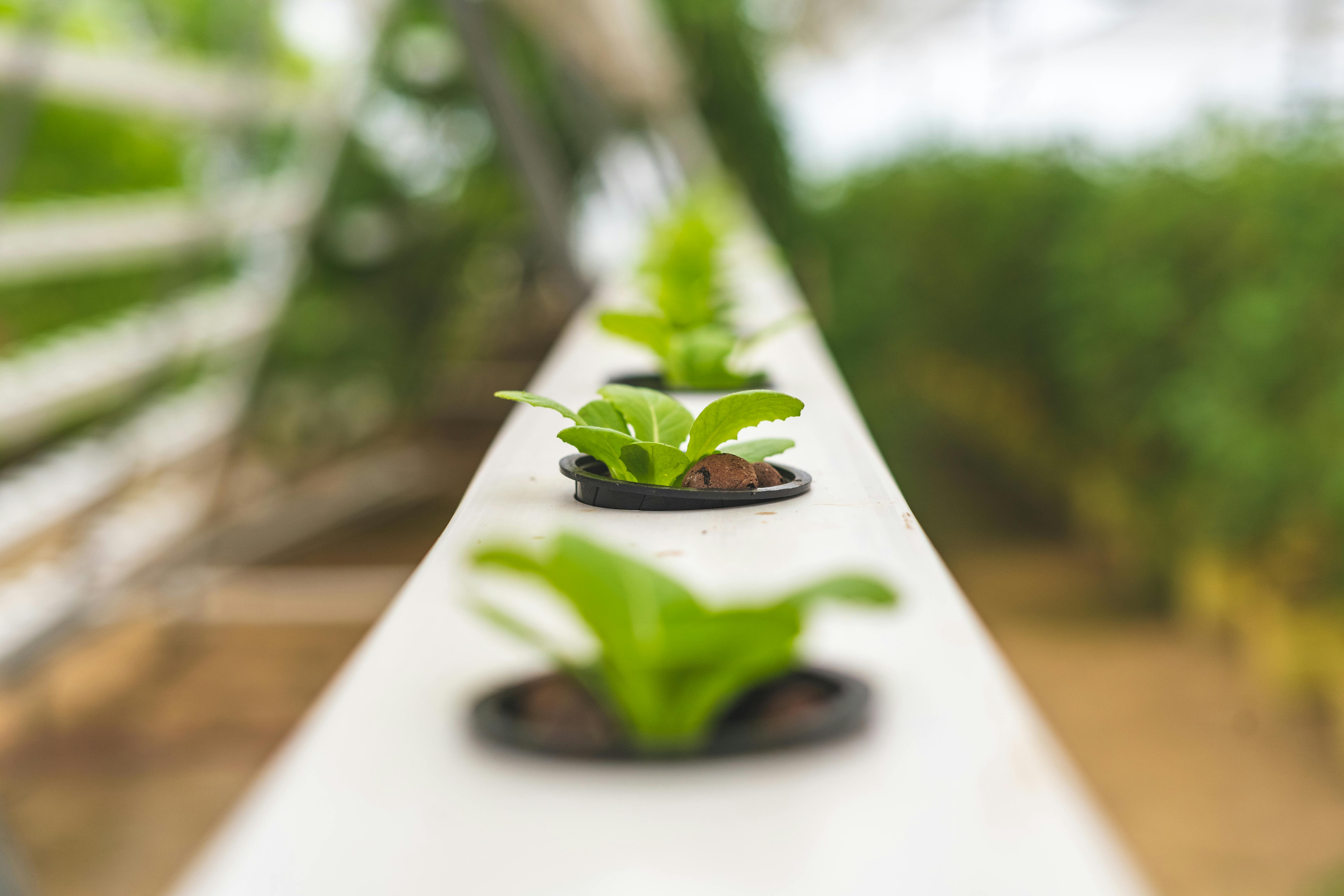
Troubleshooting Nutrient Issues
Even with the best nutrient-rich solutions, hydroponic growers may encounter nutrient-related problems in their gardens. It’s essential to identify and address these issues promptly to prevent any negative impact on your plants. Here are some common nutrient problems and their possible solutions:
Nutrient Deficiency
- Symptoms: Yellowing leaves, slow or stunted growth, poor fruit development.
- Causes: Insufficient nutrient levels in the solution, pH imbalance, improper nutrient uptake.
- Solution: Adjust the pH and EC levels of your nutrient solution, increase nutrient concentration gradually, and ensure proper nutrient uptake by your plants.
Nutrient Toxicity
- Symptoms: Burnt or scorched leaf tips, browning of leaves, stunted growth.
- Causes: Excessive nutrient levels in the solution, pH imbalance, poor nutrient absorption.
- Solution: Flush the system with fresh water, adjust pH and EC levels, reduce nutrient concentration, and monitor plant recovery.
pH Imbalance
- Symptoms: Nutrient deficiencies, leaf discoloration, reduced growth.
- Causes: pH levels too high or too low, affecting nutrient availability to plants.
- Solution: Adjust pH levels to the optimal range for your plants, monitor regularly, and maintain a stable pH environment in your hydroponic system.
Algae Growth
- Symptoms: Green slimy buildup in the system, clogging of pipes or pumps.
- Causes: Excessive light exposure, high nutrient levels, poor system maintenance.
- Solution: Cover light-sensitive areas, reduce nutrient concentrations, clean and disinfect system components regularly to prevent algae growth.
By recognizing these common nutrient issues and taking proactive measures to address them, you can maintain a healthy and thriving hydroponic garden that produces bountiful harvests year-round.
Conclusion
In conclusion, nutrient-rich solutions play a vital role in the success of hydroponic systems by providing essential elements for plant growth and development. By understanding the nutritional needs of your plants, formulating balanced solutions, and adjusting them as needed, you can create an optimal growing environment for your hydroponic garden. Whether you prefer traditional or organic methods, there are nutrient solutions available to suit your gardening preferences. With proper care and attention, your hydroponic garden can yield fresh, nutritious crops that you can enjoy all year long. Happy growing!





